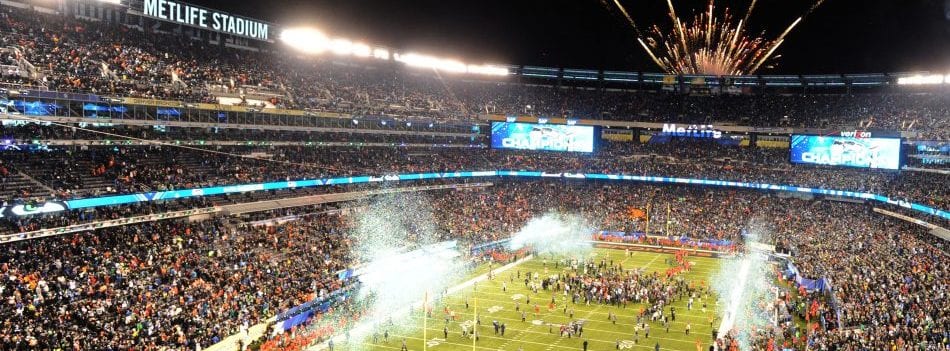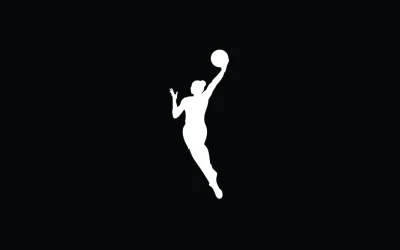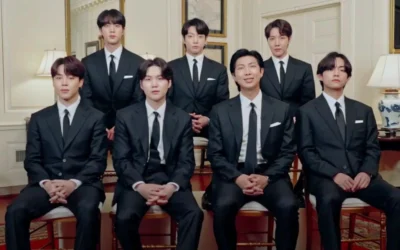The National Football League was on the defensive in a New Jersey courtroom on Thursday as the state Supreme Court heard arguments over a lawsuit related to ticket availability for the 2014 Super Bowl, held at MetLife Stadium. Josh Finkelman sued the league, saying that its lack of sale to the general public at face value violated state law.
At the time of the Super Bowl, New Jersey had a law on the books limiting the amount of tickets that could be held back from the general public for any event at 5%. That law was changed earlier this year without public hearing. But Finkelman’s lawsuit could still equal millions in damages for him and others should he succeed in convincing the top legal panel in the Garden State to allow it to continue as a class-action.
Because the Super Bowl effectively has no public sale, with the overwhelming majority of tickets doled to league players, management, corporate sponsors, or piped directly to the secondary market by insiders, Feldman and many others had no avenue to purchase tickets for the game other than the secondary market, where he paid a heavy premium above the “face value.” That, his lawsuit argues, should never have happened according to the laws of the state that hosted the game four years ago.
“The NFL has never denied they never made 95 percent available,” attorney Bruce Nagel argued on Thursday, according to the Associated Press. “That is proof positive that the statute not only is applicable, but has been violated.”
Attorneys for the NFL argue that the lack of a public sale is in harmony with its ticketing policy every year for the Super Bowl, and that the New Jersey officials who wooed the game to the stadium shared by the Giants and Jets knew that in advance. “What the plaintiff is really asking this court to do is declare that the first and only Super Bowl held in New Jersey was an unlawful event that somehow unfolded in plain view in front of the state’s public officials, from the governor to the attorney general,” attorney Jonathan Pressment said in his arguments on behalf of the NFL.
Since its initial filing, the lawsuit has been dismissed twice by a federal judge in New Jersey, but the 3rd U.S. Circuit Court of Appeals in Philadelphia ruled last December that the case could resume, pending the Supreme Court’s ruling.




